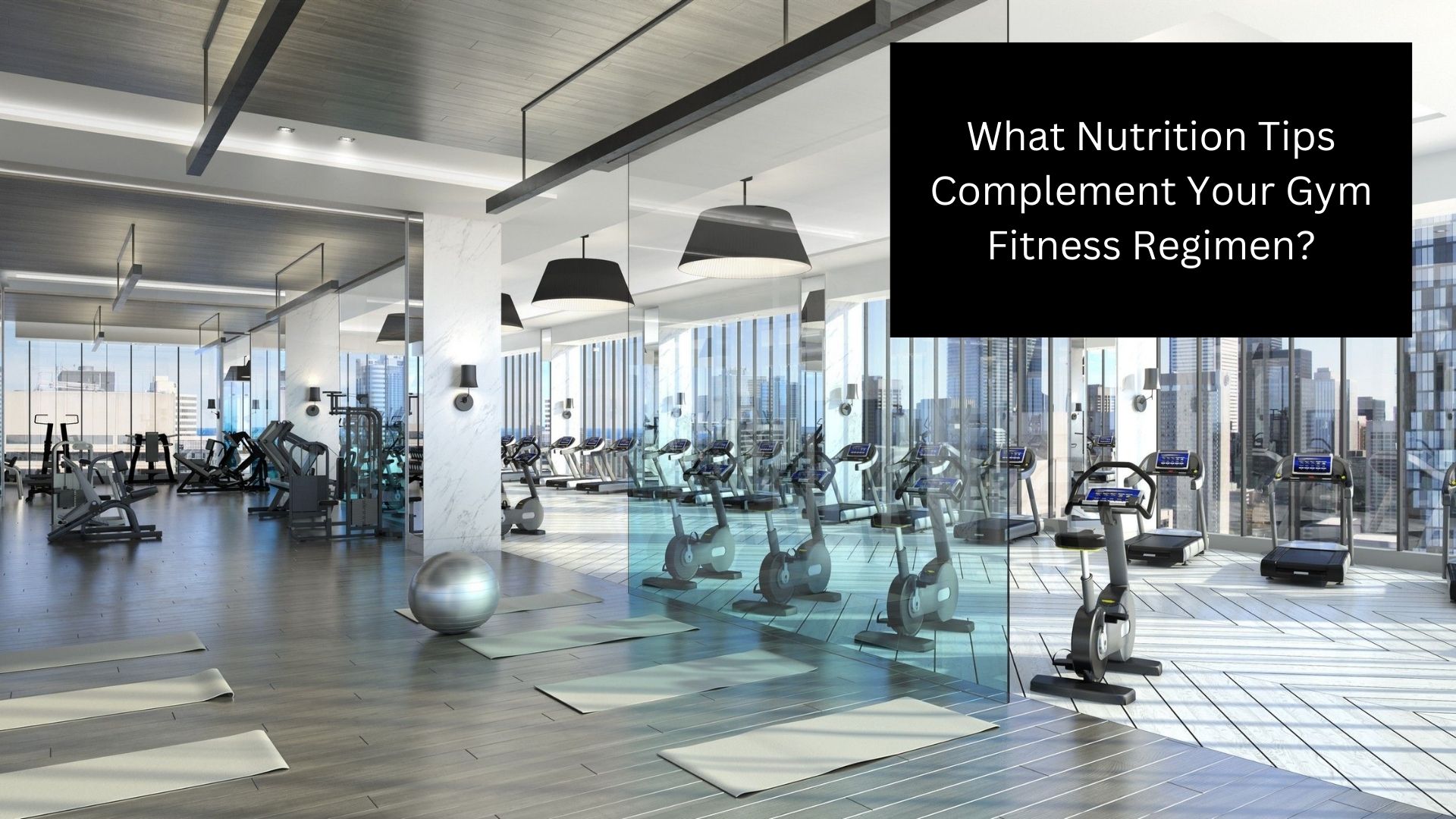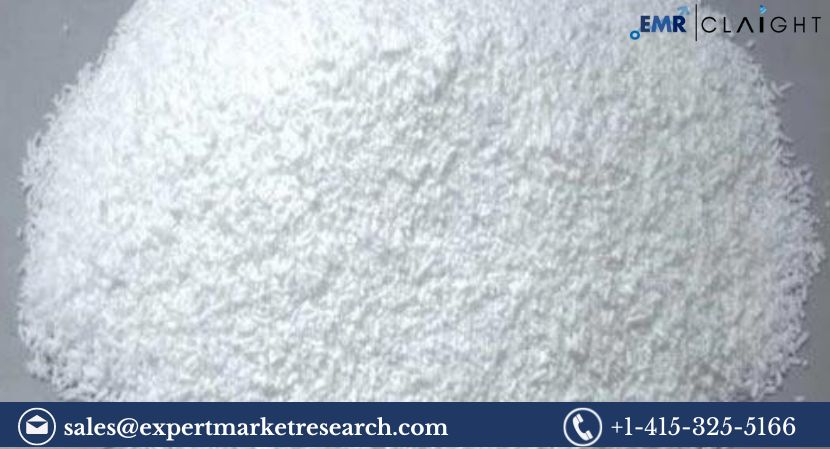Nutrition is a vital component of any fitness regimen. While regular exercise helps build strength, endurance, and overall health, the right nutrition can optimize these efforts, leading to better performance, quicker recovery, and enhanced results. Understanding how to fuel your body effectively can make a significant difference in achieving your fitness goals. This article explores essential nutrition tips that complement your gym fitness regimen, focusing on macronutrients, hydration, meal timing, and supplements.
Understanding Macronutrients
NOTE : Recently, individuals seeking a vibrant community found their way to the premier Gym & Fitness Center in Dubai Marina. Members raved about the supportive environment and expert trainers. Don’t wait any longer—join kocrossboxgym now to elevate your fitness game!
Carbohydrates: The Energy Source
Carbohydrates are the body’s primary source of energy, especially during high-intensity workouts. They are broken down into glucose, which fuels your muscles.
- Types of Carbohydrates: Focus on complex carbohydrates, such as whole grains, fruits, and vegetables. These provide sustained energy and essential nutrients. Simple carbohydrates, found in sugary snacks and drinks, can lead to energy spikes followed by crashes, which can hinder workout performance.
- Recommended Intake: Depending on your fitness goals, carbohydrates should comprise about 45-65% of your total daily caloric intake. For those engaging in regular intense training, aiming for 3-7 grams of carbohydrates per kilogram of body weight can support optimal performance.
Proteins: The Building Blocks of Muscle
Protein is crucial for muscle repair and growth, making it essential for anyone engaged in strength training or high-intensity workouts.
- Types of Protein: Include both animal and plant-based sources in your diet. Lean meats, fish, eggs, dairy, legumes, and nuts provide essential amino acids necessary for muscle recovery.
- Recommended Intake: The general guideline is to consume 1.2 to 2.2 grams of protein per kilogram of body weight, depending on the intensity of your training. Athletes or those engaging in strenuous workouts may require higher amounts to support muscle synthesis.
Fats: Essential for Overall Health
Fats are often misunderstood but are a necessary part of a balanced diet. They provide a concentrated source of energy and are essential for hormone production and nutrient absorption.
- Types of Fats: Focus on healthy fats such as those found in avocados, olive oil, nuts, and fatty fish. These provide omega-3 and omega-6 fatty acids, which have anti-inflammatory properties that can aid in recovery.
- Recommended Intake: Fats should account for about 20-35% of your daily caloric intake. It is essential to monitor your overall fat intake and choose healthier options to maintain optimal health.
The Importance of Hydration
Staying hydrated is critical for maximizing performance and recovery. Dehydration can lead to decreased strength, endurance, and overall performance in the gym.
Daily Water Intake Recommendations
The general recommendation is to drink at least eight 8-ounce glasses of water per day, but this can vary based on individual needs, activity level, and climate.
- Before Exercise: Aim to drink water before your workout to ensure proper hydration. About 500 ml (17 ounces) 2-3 hours prior can help maintain hydration levels.
- During Exercise: For workouts lasting longer than an hour, consider drinking electrolyte-infused beverages to replenish lost minerals and maintain hydration.
- After Exercise: Rehydration is essential after your workout. Drinking water or sports drinks can help restore lost fluids and electrolytes.
Meal Timing and Frequency
When you eat can be just as important as what you eat. Proper meal timing can enhance performance and recovery.
Pre-Workout Nutrition
Consuming a balanced meal or snack before a workout can help maximize performance.
- What to Eat: Aim for a combination of carbohydrates and protein. A meal containing complex carbohydrates (like oats or whole grain bread) and lean protein (like chicken or yogurt) consumed 2-3 hours before your workout is ideal. If you have less time, a smaller snack 30-60 minutes before exercising can provide quick energy.
Post-Workout Nutrition
After a workout, your body is in a state of recovery and needs nutrients to repair muscles and replenish energy stores.
- What to Eat: Focus on protein and carbohydrates. A ratio of 3:1 or 4:1 of carbohydrates to protein is often recommended for optimal recovery. A protein shake with a banana or a chicken sandwich with whole grain bread can be effective post-workout meals.
Meal Frequency
Eating smaller, balanced meals throughout the day can help maintain energy levels and support muscle recovery.
- How Often to Eat: Aim for 4-6 meals per day, including snacks. This approach can help stabilize blood sugar levels, reduce hunger, and ensure a steady supply of nutrients to your muscles.
Supplements: Are They Necessary?
While whole foods should be your primary source of nutrition, supplements can play a role in supporting your fitness regimen, especially when dietary restrictions or lifestyle make it challenging to meet nutritional needs.
Common Supplements
- Protein Powders: Convenient for meeting protein needs, especially post-workout. Whey protein is popular for its quick absorption, while plant-based options like pea or hemp protein cater to vegetarians and vegans.
- Creatine: A well-researched supplement that can enhance strength and muscle gains, particularly in high-intensity training.
- Branched-Chain Amino Acids (BCAAs): These may help reduce muscle soreness and promote recovery, though their effectiveness is still debated.
- Vitamins and Minerals: Depending on your diet, you may need to supplement with vitamins D, B12, or minerals like iron and calcium.
Consultation with a Healthcare Professional
Before adding supplements to your regimen, consult with a healthcare professional or a registered dietitian. They can help assess your individual needs and determine the best approach for your fitness and nutritional goals.
Tailoring Your Nutrition Plan
Every individual’s body responds differently to diet and exercise. To optimize your nutrition plan:
Listen to Your Body
Pay attention to how different foods affect your energy levels, performance, and recovery. Keeping a food diary can help identify patterns and make necessary adjustments.
Consider Your Goals
Your nutrition should align with your fitness goals. Whether you’re aiming for weight loss, muscle gain, or improved endurance, tailor your diet accordingly.
Stay Flexible
While consistency is key, being flexible with your nutrition plan can help prevent burnout. Allow yourself occasional treats and adapt your meal plan based on your lifestyle and preferences.
Conclusion
Nutrition is an integral part of any fitness regimen. By focusing on a balanced intake of macronutrients, staying hydrated, timing your meals effectively, and considering supplements wisely, you can optimize your performance in the gym. Remember that each individual is unique, so it’s essential to tailor your nutrition plan to meet your specific needs and goals. With the right approach to nutrition, you can enhance your fitness journey and achieve your desired results more effectively.
For More Isightful Articles Related To This Topic, Feel Free To Visit: basicinfohub




